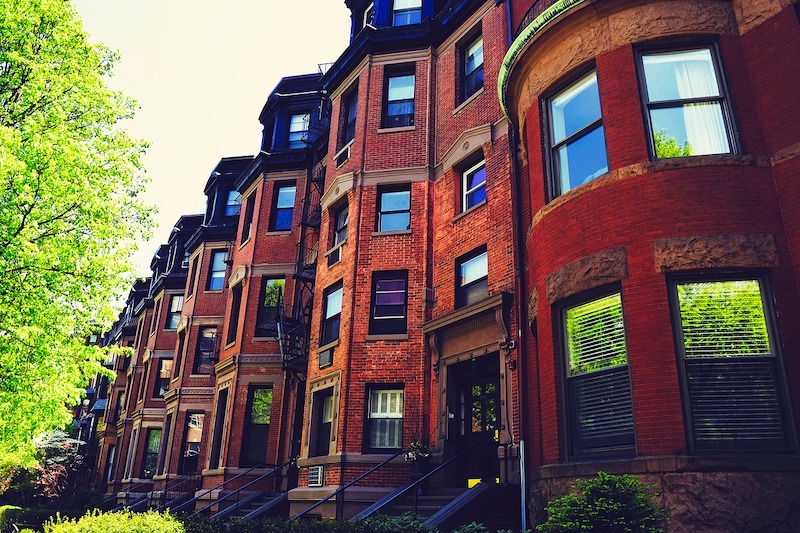The Brookings Institution has released a “strategic action playbook” containing a five-step plan that community, city, and regional leaders can use to design and implement community-rooted economic inclusion policies.
Brookings says community-rooted economic inclusion requires identifying and investing in strategic sub-geographies that have the greatest potential to reduce economic inequity in a community. Guidance from the playbook is derived from a pilot initiative implemented in Indianapolis, Los Angeles, and Philadelphia between fall 2019 and January 2021.
Despite billions of dollars spent on place-based initiatives over the past 25 years, Brookings says the number of high-poverty neighborhoods in the U.S. doubled between 1980 and 2010 and remains high as cities seek to recover from the COVID-19 economic crisis. Brookings’ approach aims to break down disciplinary siloes to integrate community, economic, and workforce development efforts with capacity-building efforts.
The plan would nurture investments within communities, while connecting residents and small businesses to their regional economies. It urges key holders of power at the city and regional levels to forge long-term partnerships with underinvested communities.
Related Stories
| Jan 18, 2012
Report analyzes residential hurricane codes in 18 states
The Insurance Institute for Business & Home Safety (IBHS) released a new report analyzing residential building codes in 18 hurricane-prone coastal states along the Gulf of Mexico and the Atlantic Coast.
| Jan 18, 2012
Death in Chicago high-rise apartment fire blamed on fire code
The death of a Chicago woman who stepped off her elevator into a blazing inferno last week has underscored the need for fire sensors in elevators.
| Jan 18, 2012
California approves open cell spray foam for energy efficiency standards
The California Energy Commission (CEC) now recognizes open-cell spray foam as an accepted insulation in its 2008 Building Energy Efficiency Standards.
| Jan 5, 2012
Building to LEED standards now an 'easy call' from cost standpoint
Once seen as a cost burden, building to LEED standards is now an "easy call," according to Dan Probst, chairman of energy and sustainability for real estate management and development firm Jones Lang LaSalle.
| Jan 5, 2012
Minnesota's GreenStep Cities program aids communities in winning grants
GreenStep Cities, a Minnesota initiative, was designed to provide greater recognition to the state's communities for achievements in meeting sustainability standards and goals.
| Jan 5, 2012
Some ADA accessibility rules change in 2012
Some changes to the Americans with Disabilities Act go into effect beginning March 15, 2012.
| Jan 5, 2012
Ontario's stringent energy code has builders concerned over indoor air quality
Some Ontario builders are worried that new building code requirements with stricter energy efficiency measures could lead to poor indoor air quality.
| Jan 5, 2012
New law bars Defense Department from new LEED certifications
The Defense Department will not be allowed to use any money to certify its buildings LEED Gold or Platinum, under a law President Obama signed Dec. 31.
| Jan 5, 2012
Some ADA accessibility rules change in 2012
Some changes to the Americans with Disabilities Act go into effect beginning March 15, 2012.
| Jan 3, 2012
New SJI Rule on Steel Joists
A new rule from the Steel Joist Institute clarifies when local reinforcement of joists is required for chord loads away from panel points. SJI members offer guidance about how and when to specify loads.
















